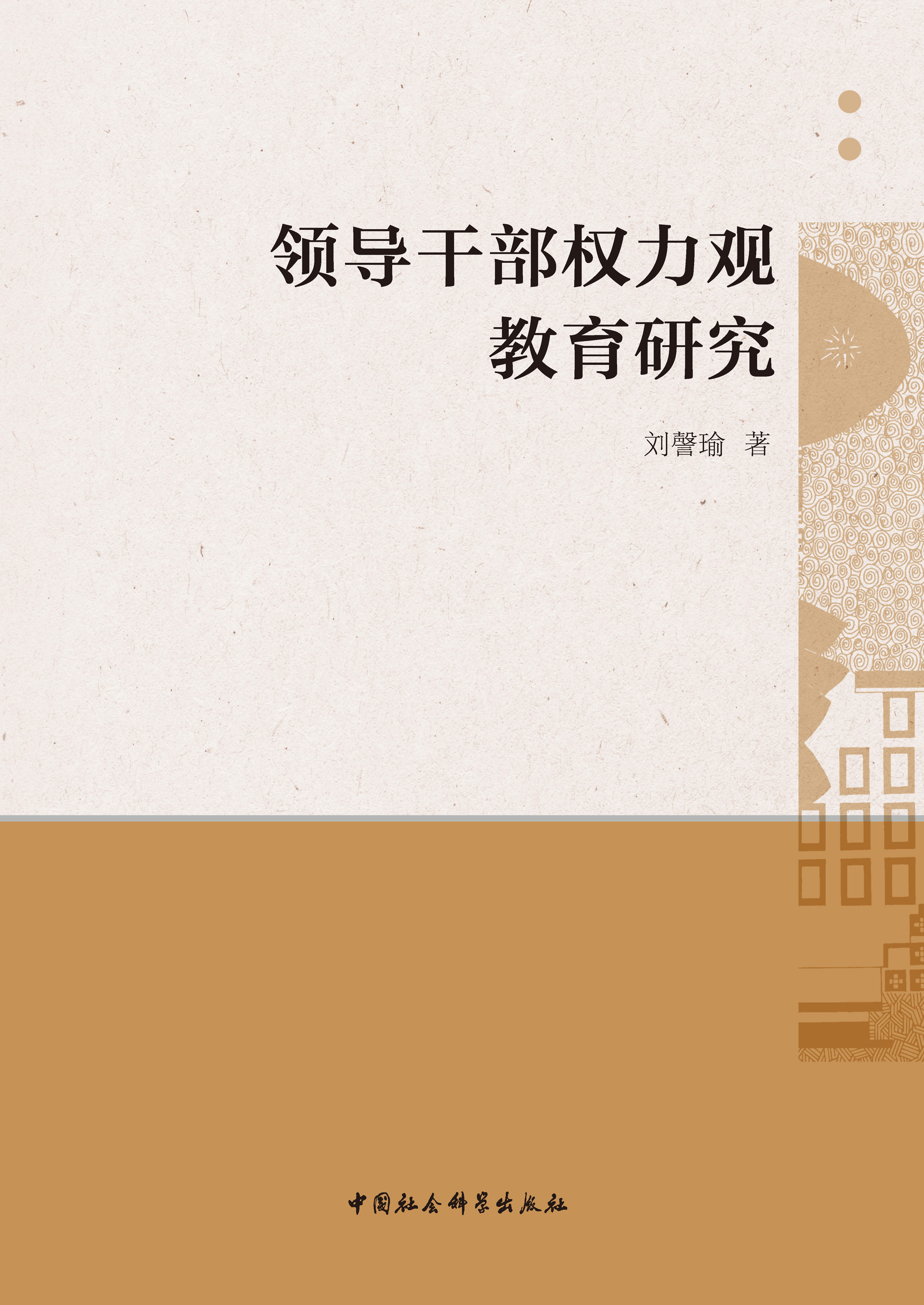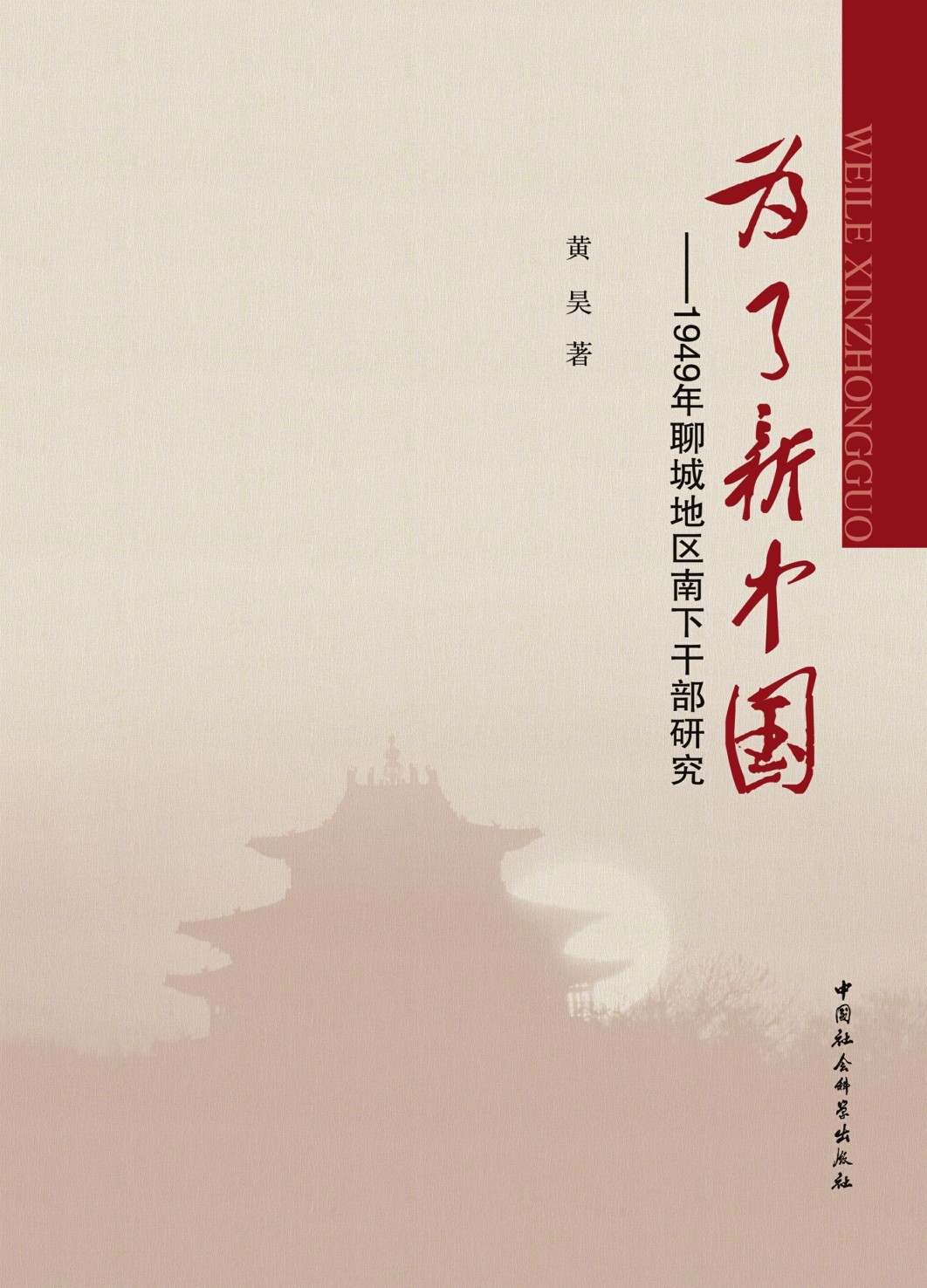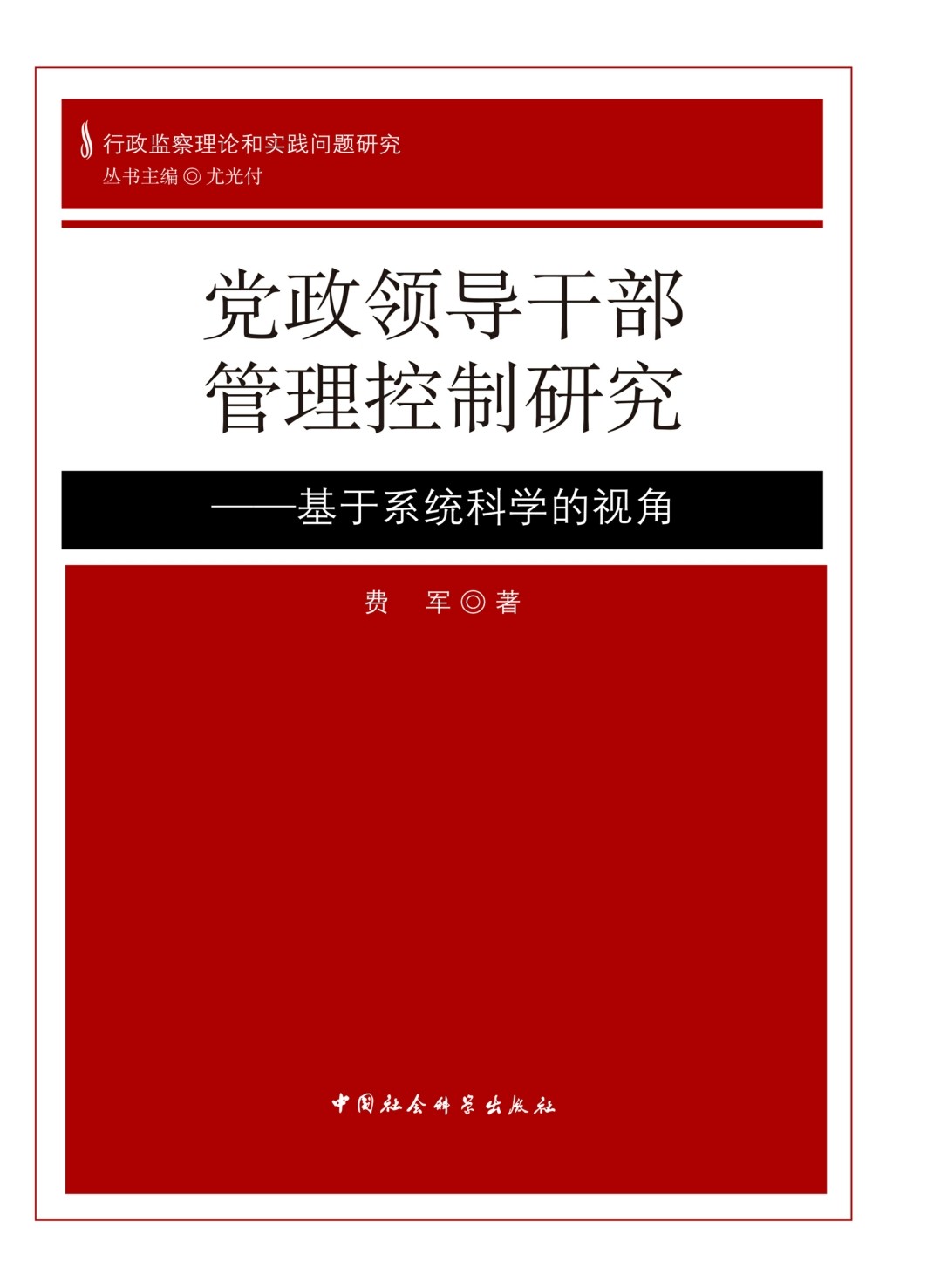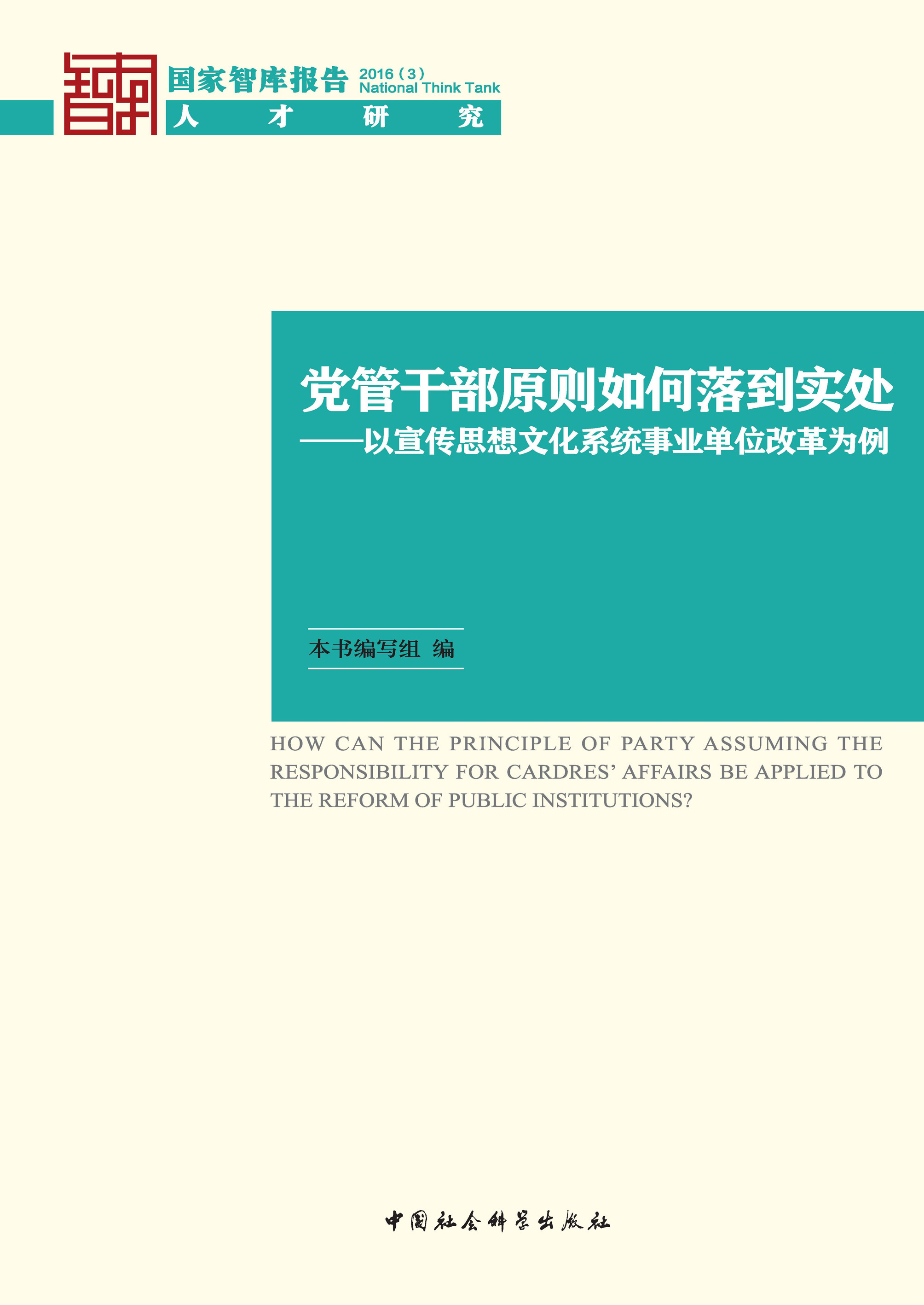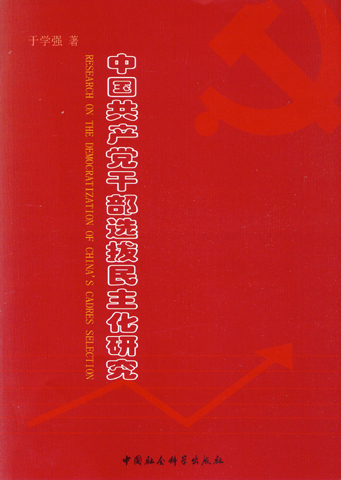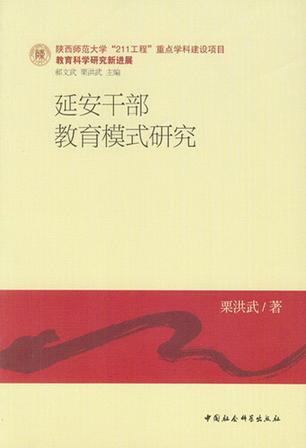内容简介
作者简介
目录
Power view refers to the general view of power,including the source of power,the purpose of the power,the exercise of power,the understanding and attitude about who's in charge,who serve for and so on.Wether the party cadre can correctly treat the power entrusted by people,and always keep the flesh-and-blood ties with people,is not only a long-term fundamental test which leading cadres must with stand,but also is a fundamental issue which influent the destiny of socialism.Ideological and political education is the Chinese communist party's fine tradition and the political advantage.Only strengthen it can make the leading cadres firmly establish correct power view,always remember the tenet of the party.Then the power will be truly used for people,and stand the test in reform of opening up and socialist construction with Chinese features.Therefore,strengthening leading cadres' education of power view is an urgent important theoretical and realistic subject under the new situation.This study use qualitative and quantitative analysis under the guidance of marxism,combination of the theory and practice.It reveals the basic characteristics of power value view,power responsibility view,power gain and loss view,power moral values and power flow view.It also analysis the influence of the governing concept,social atmosphere,mass media,family member,self-consciousness,and proposed the basic principles and path selection to strengthen leading cadres' education of power view.Empirical results show the following point.First,about the power values,most leading cadres have a clear attitude and stand firmly about who serves for,but more than thirty percent is not.Second,about view of authority and responsibility,most leading cadres have clear attitude on duty consistency,be responsible to the superior and is responsible to the people,but nearly forty percent exist cognitive deviation.Third,about view of gain and loss of power,most leading cadres know the relation between people's interests and individual benefit,but more than forty percent have cognitive deviation.Fourth,about power morality view,most cadres agree that power morality is the foundation to use power correctly,but nearly forty percent lack of power morals and moral belief crisis is serious.Fifth,about the power flow view,more than half leading cadres be able to recognize important significance and relationship between power flow and personal interest.But more than forty percent exist serious deviation.Sixth,governing idea,social atmosphere,the mass media,family member all have very big or bigger influence.Strengthen cadres' education of power view,must follow the basic principles,which are direction,say that reason,permeability,difference,intensification and the introspection.It must optimize education main body,pay attention to strengthen its influence; Improve the content of education,pay attention to enhance its attraction; Innovate the education method,pay attention to enhance its penetration; Expand education carrier,pay attention to enhance its guidance force; Optimize education environment,pay attention to enhance its radiation.Keywords:leading cadres;education of power view;ideological and political education
全部显示∨
刘謦瑜,女,中共党员,安徽合肥人,思想政治教育学博士,湖南省社会科学院中国马克思主义研究所助理研究员。曾在《甘肃社会科学》、《思想教育研究》、《山东社会科学》发表数篇论文,并主持湖南省毛泽东研究中心重点委托课题、湖南省社科基金课题。参与出版著作《思想政治教育学科前沿问题十论》。
全部显示∨
引言
第一篇 权力观教育与领导干部思想政治教育第一章 权力
第二章 权力观
第三章 权力观的类型划分
第四章 权力观教育:领导干部思想政治教育的核心内容
第二篇 领导干部权力观的基本特征第一章 领导干部的权力价值观
第二章 领导干部的权力责任观
第三章 领导干部的权力得失观
第四章 领导干部的权力道德观
第五章 领导干部的权力流动观
第三篇 领导干部权力观的影响因素第一章 执政理念与领导干部权力观
第二章 社会风气与领导干部权力观
第三章 大众传媒与领导干部权力观
第四章 家庭成员与领导干部权力观
第五章 自我意识与领导干部权力观
第四篇 领导干部权力观教育的基本原则第一章 方向性原则
第二章 说理性原则
第三章 渗透性原则
第四章 差异性原则
第五章 强化性原则
第六章 自省性原则
第五篇 教育者与领导干部权力观教育第一章 教育者的严格管理机制与领导干部权力观教育
第二章 教育者的综合素养与领导干部权力观教育
第三章 教育者的言传身教与领导干部权力观教育
第四章 教育者的理想信念与领导干部权力观教育
第六篇 领导干部权力观教育的基本内容第一章 加强领导干部的权力价值观教育
第二章 加强领导干部的权力责任观教育
第三章 加强领导干部的权力得失观教育
第四章 加强领导干部的权力道德观教育
第五章 加强领导干部的权力流动观教育
第七篇 领导干部权力观教育的基本方法第一章 说服教育法
第二章 渗透教育法
第三章 批评教育法
第四章 榜样教育法
第八篇 领导干部权力观教育的主要载体第一章 文化载体
第二章 活动载体
第三章 传媒载体
第四章 管理载体
第九篇 环境优化与领导干部权力观教育第一章 环境与领导干部权力观教育的关系
第二章 家庭环境优化与领导干部权力观教育
第三章 制度环境优化与领导干部权力观教育
第四章 文化环境优化与领导干部权力观教育
第五章 舆论环境优化与领导干部权力观教育
结语
附录 领导干部权力观教育调查问卷
参考文献
后记
